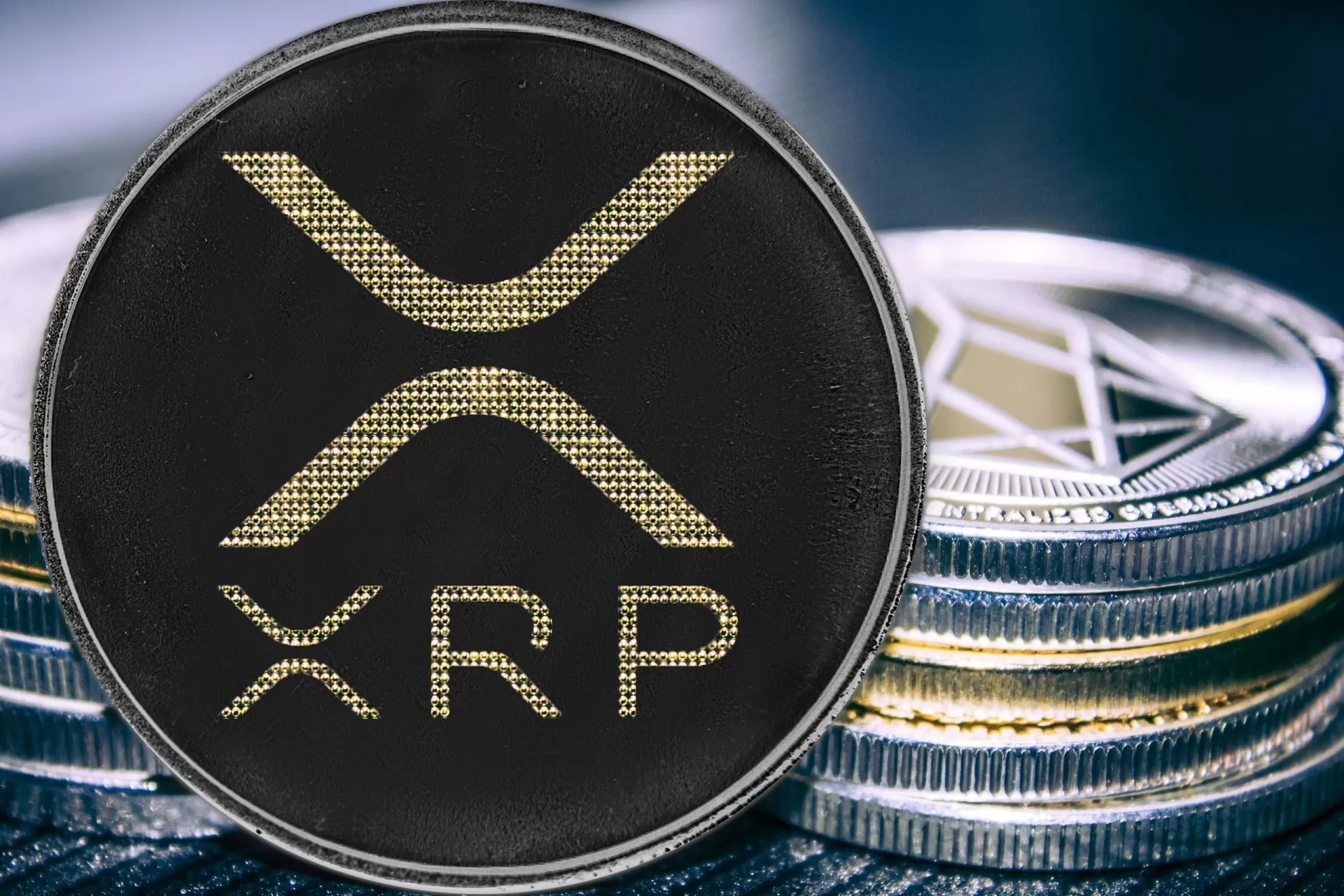German Coalition Deal: Sources Predict Agreement By Midday

Table of Contents
Key Sticking Points Resolved Before Midday Deadline
The success of the German coalition deal hinges on resolving several key policy disagreements before the midday deadline. Significant progress is reportedly being made across various crucial policy areas. A successful coalition agreement requires compromise from all three parties.
-
Climate Change Policy: Sources indicate a compromise on ambitious climate targets, balancing the Greens' stringent goals with the FDP's concerns about economic impact. This includes potential agreement on phasing out coal power, investing in renewable energies and implementing carbon pricing mechanisms.
-
Economic Stimulus: The SPD’s emphasis on social justice and investment likely found common ground with the FDP's focus on fiscal responsibility. Discussions centered around the size and scope of a potential economic stimulus package, balancing increased social spending with maintaining a sustainable budget.
-
Immigration Policy: Finding common ground on immigration and asylum policies has been a significant hurdle. Reports suggest a compromise on stricter border controls and integration measures, incorporating elements from all three party platforms.
A senior source close to the negotiations stated, "Significant progress has been made on all major issues. We are cautiously optimistic about reaching a coalition agreement by midday." The successful resolution of these key sticking points demonstrates the commitment of all parties to forming a stable government. This signals a willingness to engage in constructive political negotiations and reach a coalition agreement that addresses the pressing needs of the country.
The Role of Key Negotiators in Securing the Deal
The success of the German coalition deal is largely attributed to the skillful maneuvering and leadership of several key negotiators. The negotiating teams from each party have demonstrated a remarkable capacity for compromise.
-
Olaf Scholz (SPD): The SPD’s Chancellor candidate has played a crucial role in mediating between the different party factions. His experience and pragmatism have been instrumental in bridging divides.
-
Annalena Baerbock (Grüne): The Green Party's co-leader has championed the party's environmental platform while demonstrating a willingness to compromise on certain aspects to secure the coalition.
-
Christian Lindner (FDP): The FDP's leader has maintained a firm stance on fiscal responsibility, yet he also showed flexibility in negotiations on social and climate policies.
The dynamic between these key players has been a defining factor in the coalition talks. Their capacity for collaboration, despite differing ideological positions, highlights the importance of political leadership and strategic negotiation in achieving a successful German government formation. The leadership displayed by these key figures underscores the importance of effective political leadership in forging consensus in a complex political landscape.
Potential Impact of a Midday Agreement on the German Economy and International Relations
A midday agreement on the German coalition deal would have far-reaching consequences for both the German economy and its international relations.
-
Economic Impact: The coalition agreement’s economic policies will significantly impact Germany's growth trajectory. Investments in green technologies and infrastructure projects are expected to stimulate economic activity, while fiscal responsibility measures aim to maintain stability.
-
EU Policy: The new coalition government's approach to European Union matters will be closely watched, particularly its stance on the EU budget and its role in shaping future EU policy. The coalition’s position on European integration will play a significant role in the future of the EU.
-
International Relations: Germany's foreign policy is likely to be influenced by the coalition agreement. This includes its approach to relations with the United States, Russia, and other key international partners. A stable coalition government will improve Germany's position on the global stage.
The successful formation of the coalition government will offer much-needed certainty, benefiting both the domestic economy and Germany’s role in international affairs. A stable coalition government is expected to strengthen Germany's position within the EU and its international alliances.
What to Expect After a Midday Agreement
If a midday agreement is reached on the German coalition deal, the next steps in the government formation process will involve:
-
Formal Agreement Signing: The three parties will formally sign the coalition agreement, outlining the details of their policy commitments.
-
Cabinet Appointments: The coalition partners will agree on the composition of the new cabinet, allocating ministerial portfolios among the participating parties.
-
Parliamentary Votes: The newly formed coalition government will require a vote of confidence in the Bundestag (German parliament) to formally take office.
However, challenges might still arise after the agreement is reached. Potential disagreements over specific policy implementation and internal party dynamics could test the coalition’s stability. The longevity of the new coalition government will depend largely on its ability to manage these internal and external pressures. The coalition’s ability to navigate these challenges will be crucial for its long-term success.
German Coalition Deal: A Midday Breakthrough?
The potential for a midday agreement on the German coalition deal represents a significant turning point in German politics. This agreement would resolve key policy sticking points, solidify the roles of key negotiators, and set the stage for a new government with significant implications for the German economy and international relations. The formation of this coalition government is a crucial step towards political stability and effective governance.
Stay tuned for updates on this crucial German coalition deal as the midday deadline approaches! The events of today will shape the future of German politics for years to come.

Featured Posts
-
 Four Children Dead After Car Plows Into Afterschool Program Disturbing Video Surfaces
May 01, 2025
Four Children Dead After Car Plows Into Afterschool Program Disturbing Video Surfaces
May 01, 2025 -
 Businessman Defies Dragon Den Investors Chooses Controversial Offer
May 01, 2025
Businessman Defies Dragon Den Investors Chooses Controversial Offer
May 01, 2025 -
 Michael Sheens 100 K Donation A 1 Million Debt Relief Story
May 01, 2025
Michael Sheens 100 K Donation A 1 Million Debt Relief Story
May 01, 2025 -
 Xrp Price Below 3 Should You Invest In Ripple Right Now
May 01, 2025
Xrp Price Below 3 Should You Invest In Ripple Right Now
May 01, 2025 -
 Coronation Streets Popular Character To Depart In A Twist
May 01, 2025
Coronation Streets Popular Character To Depart In A Twist
May 01, 2025
